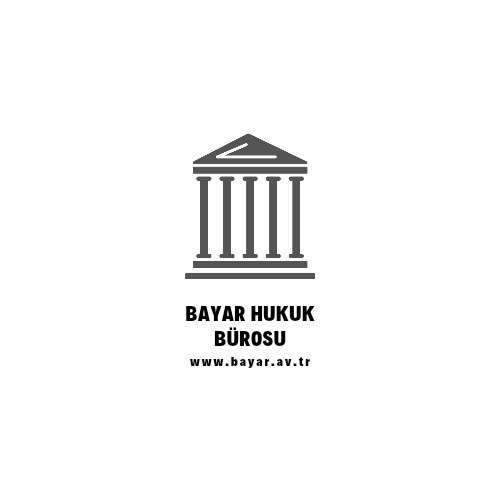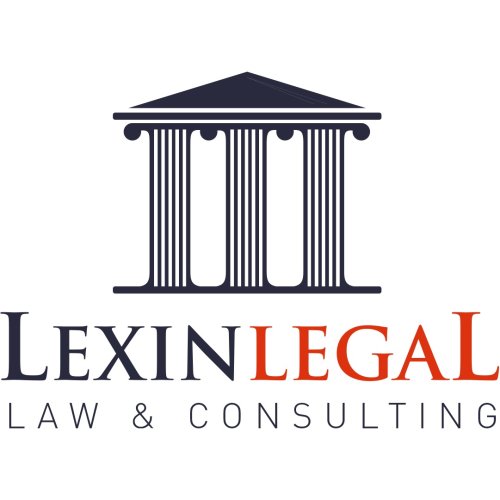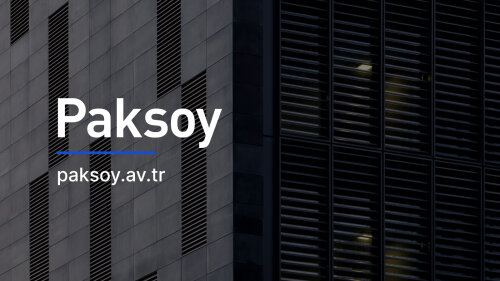Best Education Law Lawyers in Istanbul
Share your needs with us, get contacted by law firms.
Free. Takes 2 min.
List of the best lawyers in Istanbul, Turkey
About Education Law in Istanbul, Turkey
Education Law in Istanbul, Turkey encompasses the legal principles and regulations that govern the education system within the city, aligning with broader national policies set by the Turkish Ministry of National Education. This field of law covers a range of issues, from public and private schooling, higher education policies, teachers' rights and obligations, student rights, curriculum standards, school governance, special education, and language of instruction policies. Given Istanbul's unique position as a cultural and educational hub, local interpretations and applications of Education Law can reflect both national guidelines and regional particularities.
Why You May Need a Lawyer
Individuals and institutions may require legal assistance in Education Law for several reasons. Students and parents may seek legal aid if there are disputes concerning school admissions, discrimination, disciplinary actions, or violations of students' rights. Educational institutions might require counsel for issues related to governance, compliance with educational regulations, staffing disputes, or curriculum challenges. Teachers might also need advice regarding employment contracts, workplace discrimination, or disputes with administration. A lawyer specializing in Education Law can provide guidance, representation, and solutions tailored to these educational matters.
Local Laws Overview
Education in Istanbul is regulated by national laws, primarily the Basic Law of National Education in Turkey, which outlines the foundational structure and objectives of the educational system. Istanbul is also affected by specific provincial directives that address local educational needs. Key aspects of the law include mandatory education age requirements, private vs. public school operations, teacher qualifications and rights, student assessment standards, and the implementation of inclusive education policies. Additionally, Turkey's education laws emphasize secular education while balancing it with respect for religious instruction, operationalized through courses and optional lectures.
Frequently Asked Questions
What are the primary laws governing education in Istanbul?
The primary law is the Basic Law of National Education No. 1739, along with specific regulations issued by the Turkish Ministry of National Education and local directives from the Governor's Office of Istanbul.
Is education mandatory in Istanbul?
Yes, education is compulsory for children from the ages of 6 to 18, covering primary and secondary education levels.
What rights do students have in Istanbul's education system?
Students have the right to education, equal treatment regardless of gender, religion, or ethnicity, the right to participate in decision-making processes affecting their education, and the right to safe learning environments.
How are private schools regulated?
Private schools are regulated under national laws but must adhere to curricula approved by the Ministry of National Education. They have the autonomy to set additional educational programs and activities.
What legal protections are in place for teachers?
Teachers are protected under labor laws, which ensure they receive fair wages, safe working conditions, and benefits. There are also special provisions for tenure, professional development, and dispute resolution.
Can a student be expelled from school?
Yes, but only under specific circumstances such as severe behavioral issues, and after all corrective measures have been implemented. The process includes a formal inquiry and the possibility for appeal.
What is the role of the Parent-Teacher Association (PTA)?
The PTA helps facilitate communication between parents and schools, providing a platform for discussing education policies, school development, and student welfare. PTAs also participate in school governance to a limited extent.
Are international schools subject to the same laws?
International schools operate under the same basic regulations but tend to have more flexibility in curriculum delivery while still requiring accreditation and oversight by Turkish authorities.
How does the law address special education needs?
Turkish law mandates that children with special needs have access to appropriate educational resources and support, which could be provided in mainstream schools or specialized institutions.
What should I do if I face discrimination in an educational setting?
If you experience discrimination, it is advised to document the incidents, file a complaint with the school administration, and seek legal counsel specializing in Education Law to explore further actions.
Additional Resources
Several resources can offer further assistance, including the Turkish Ministry of National Education, the Istanbul Provincial Directorate of National Education, educational ombudsman services, and non-governmental organizations focused on educational rights like Eğitim-Sen. Legal clinics and university legal departments may also provide pro bono advice or referral services in Education Law.
Next Steps
If you need legal assistance with Education Law in Istanbul, start by documenting your situation and understanding the specifics related to your case. Consult with a lawyer specialized in Education Law by reaching out to local legal firms or bar associations in Istanbul. Consider making initial inquiries via email or phone calls to determine the best fit for your needs. Preparing your documentation, timeline of events, and any correspondence relevant to your issue will help in your initial discussion with legal professionals.
Lawzana helps you find the best lawyers and law firms in Istanbul through a curated and pre-screened list of qualified legal professionals. Our platform offers rankings and detailed profiles of attorneys and law firms, allowing you to compare based on practice areas, including Education Law, experience, and client feedback.
Each profile includes a description of the firm's areas of practice, client reviews, team members and partners, year of establishment, spoken languages, office locations, contact information, social media presence, and any published articles or resources. Most firms on our platform speak English and are experienced in both local and international legal matters.
Get a quote from top-rated law firms in Istanbul, Turkey — quickly, securely, and without unnecessary hassle.
Disclaimer:
The information provided on this page is for general informational purposes only and does not constitute legal advice. While we strive to ensure the accuracy and relevance of the content, legal information may change over time, and interpretations of the law can vary. You should always consult with a qualified legal professional for advice specific to your situation.
We disclaim all liability for actions taken or not taken based on the content of this page. If you believe any information is incorrect or outdated, please contact us, and we will review and update it where appropriate.
















